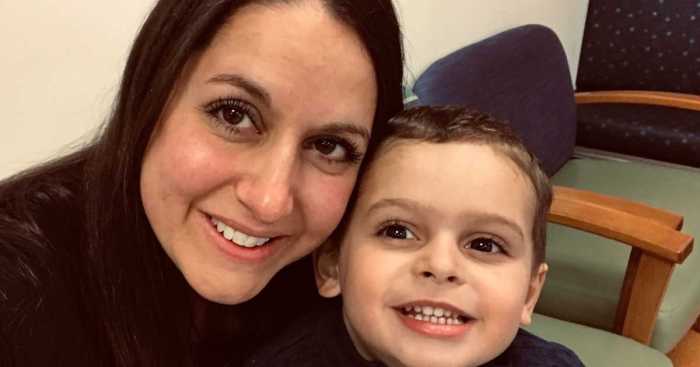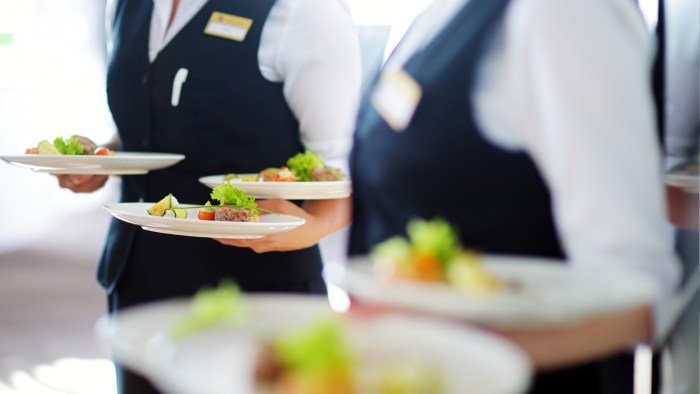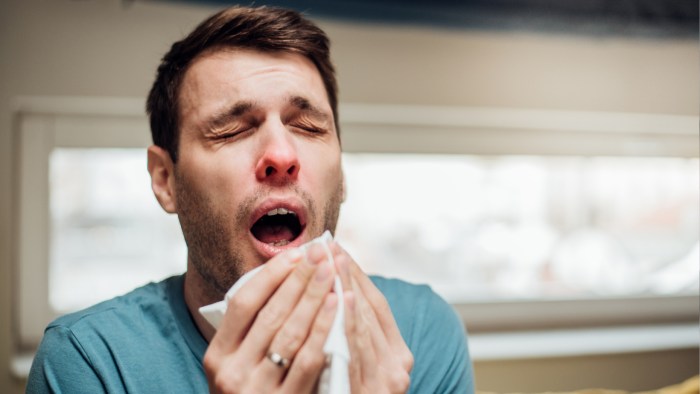When a food handler sneezes and then returns to their duties, it raises concerns about food safety and the potential transmission of foodborne illnesses. This article delves into the topic, exploring the ways in which sneezes can contaminate food, the impact on food safety, and the essential steps that food handlers and establishments must take to prevent the spread of pathogens.
Foodborne Illness Transmission: A Food Handler Sneezes And Then Returns

Sneezing is a common way for foodborne illnesses to be transmitted. When a person sneezes, they expel tiny droplets of saliva into the air. These droplets can contain bacteria, viruses, or other pathogens that can cause foodborne illnesses.
Some of the most common pathogens that can be transmitted through sneezes include:
- Norovirus
- Salmonella
- E. coli
- Staphylococcus aureus
- Streptococcus pneumoniae
Proper hand hygiene is essential in preventing the spread of foodborne illnesses. Food handlers should wash their hands thoroughly with soap and water before and after handling food, and after sneezing or coughing.
Impact on Food Safety

Sneezing on food can have serious consequences. Bacteria, viruses, or other pathogens from the sneeze can contaminate the food, making it unsafe to eat.
Contaminated food can cause a variety of foodborne illnesses, including:
- Nausea
- Vomiting
- Diarrhea
- Abdominal pain
- Fever
- Chills
In some cases, foodborne illnesses can be life-threatening.
Prevention and Control Measures

There are several steps that food handlers can take to prevent the spread of foodborne illnesses through sneezing:
- Cover their mouths and noses with a tissue or their elbow when they sneeze.
- Wash their hands thoroughly with soap and water after sneezing.
- Avoid touching their faces, especially their mouths and noses.
- Clean and disinfect surfaces that may have been contaminated with a sneeze.
Food establishments should also have policies and procedures in place to prevent the spread of foodborne illnesses through sneezing. These policies should include:
- Training food handlers on proper sneezing etiquette.
- Providing tissues and handwashing facilities for food handlers.
- Cleaning and disinfecting surfaces regularly.
Employee Education and Training
Educating food handlers about the risks of sneezing on food is essential in preventing the spread of foodborne illnesses.
Food handlers should be trained on the following topics:
- The different ways that foodborne illnesses can be transmitted through sneezes.
- The importance of covering their mouths and noses when they sneeze.
- The proper way to wash their hands.
- The importance of cleaning and disinfecting surfaces that may have been contaminated with a sneeze.
Food establishments can use a variety of training materials to educate food handlers about sneezing etiquette, including:
- Videos
- Pamphlets
- Online courses
Regulatory Compliance
There are a number of regulations and guidelines that address the issue of food handlers sneezing on food.
The Food and Drug Administration (FDA) Food Code requires food handlers to cover their mouths and noses when they sneeze.
The Centers for Disease Control and Prevention (CDC) recommends that food handlers wash their hands thoroughly with soap and water after sneezing.
Food establishments that do not comply with these regulations may be subject to fines or other penalties.
Question Bank
What are the most common pathogens that can be transmitted through sneezes?
Common pathogens transmitted through sneezes include bacteria such as Salmonella, E. coli, and Staphylococcus aureus, as well as viruses like norovirus and influenza.
What are the potential consequences of a food handler sneezing on food?
Sneezing on food can contaminate it with bacteria, viruses, or other pathogens, which can lead to foodborne illnesses in consumers. These illnesses can range from mild discomfort to severe and potentially life-threatening conditions.
What steps should food handlers take if they sneeze while preparing or handling food?
Food handlers should immediately cover their mouths and noses with a tissue or elbow, wash their hands thoroughly with soap and water, and change gloves if necessary. They should also avoid touching their faces or food with unwashed hands.